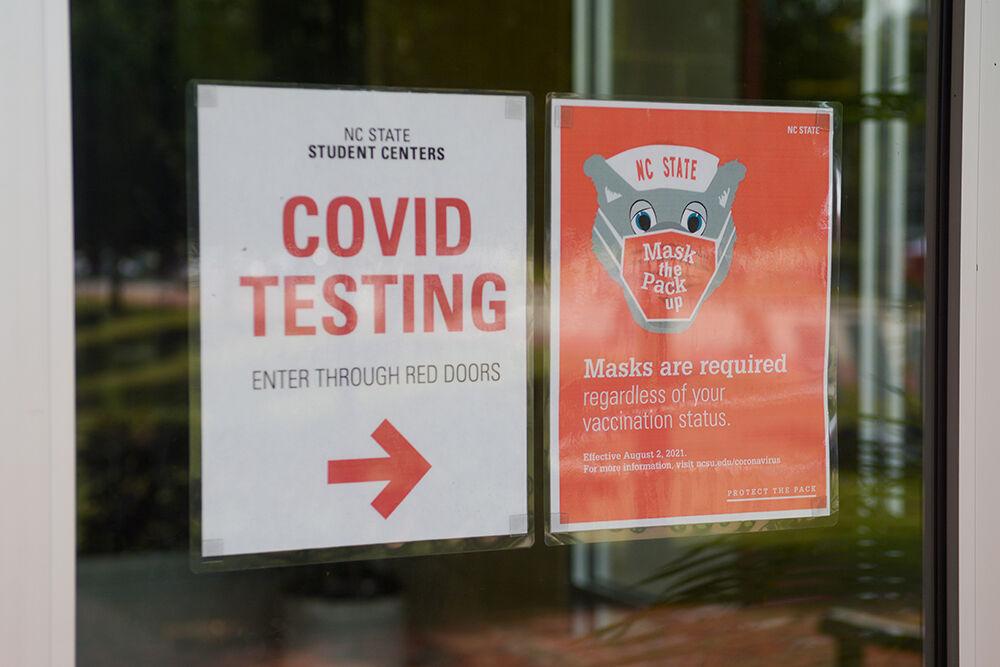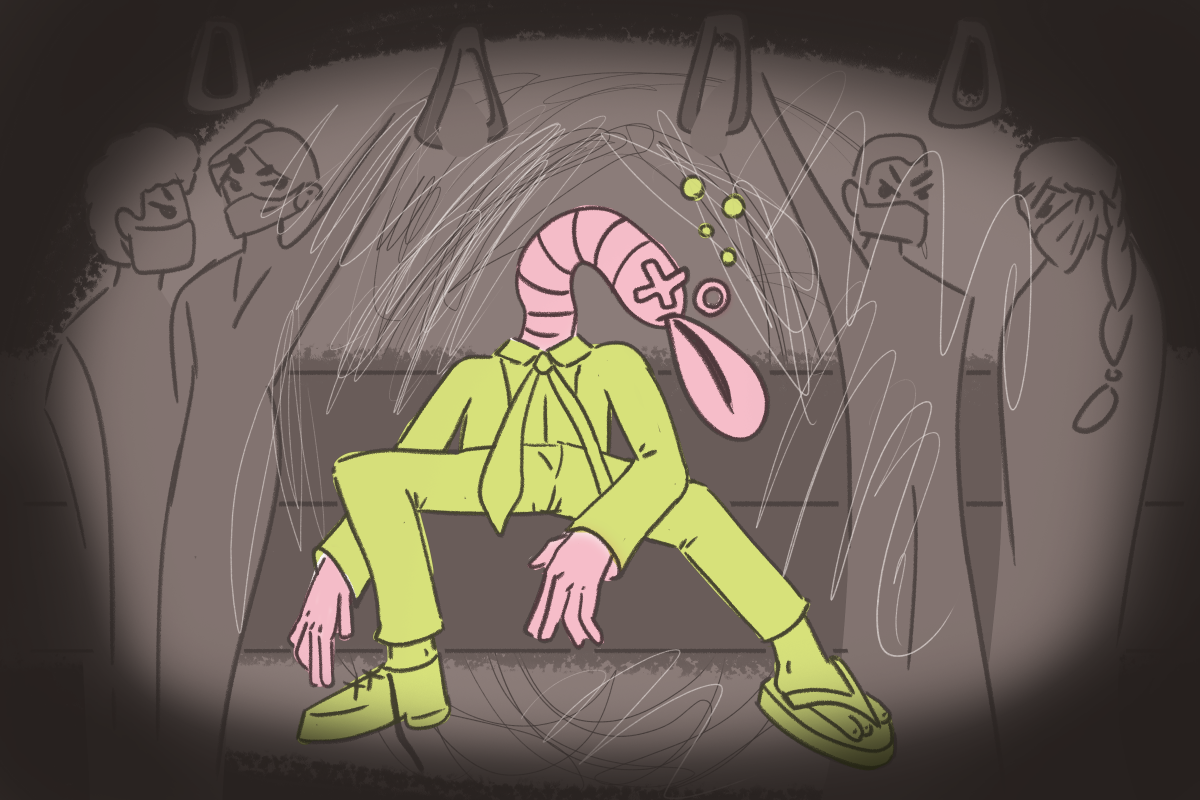NC State is still utilizing its accelerated school schedule despite the shift to remote education, and various students have voiced their concerns on continuing a fast-paced race to November. With many demanding yet another schedule shift in order for NC State to reinstate breaks, students have been left wondering what their professors think of yet another change in a tumultuous semester.
David Zonderman, department head and a professor in the Department of History, said another change to the school schedule would only result in more stress.
“I don’t think I’d recommend it because all of these changes are traumatic for everybody, both faculty and students,” Zonderman said. “I don’t know if you know the expression ‘you dance with the guy that brung ya,’ so you sort of stick with what you got.”
While Zonderman said he wasn’t completely against changing the academic calendar once again, he said the new shift would only further stress the staff, faculty and students.
The shift back to online has not been a complete negative for Zonderman, who said he actually preferred teaching over Zoom instead of the socially distant classroom. According to Zonderman, Zoom allows for more interactions, similar to face-to-face delivery, such as student interaction and the unexpected teachable moments.
“You can get some of that on Zoom,” Zonderman said. “I’ll be very happy when we can safely — and I emphasize that word ‘safely’ — go back to having the campus and classes wide open, but I don’t think that’s going to happen until we have a vaccine.”
Fred Cubbage, professor in the Department of Forestry and Environmental Resources, said changing the school schedule would further disrupt already fragile schedules.
“Just the two days which were casually pushed back were a bit tricky to handle on Moodle, and that’s totally fine, but I also had nine guest speakers who couldn’t really change at a moment’s notice,” Cubbage said. “It was a lot of trying to find people who could speak or trying to find times that you could change if they couldn’t change, so doing that again would not be a wise idea.”
Cubbage commented on the learning environment of an expedited schedule, saying the faster pace created a more stressful environment for education. According to Cubbage, class activities like labs and grading take longer in an online setting, further increasing the workload of both students and faculty. While Cubbage said he was not involved in any active research this fall semester because of coursework, grading under the new schedule was more like a “marathon,” with the extra steps of downloading, editing and uploading assignments online taking considerably more time.
“I recognize that it’s a reasonable thing to do so, and it’s better than the alternative, which was canceling the fall,” Cubbage said. “But that doesn’t mean it couldn’t have been planned for, handled and done far more effectively if we had just planned for this from the start.”
David Ambaras, a professor in the Department of History, talked about how the newer schedule changed research over the semester.
“I didn’t really have a summer break to get research done because most of the summer was taken up with planning for the expedited schedule,” Ambaras said. “During the semester, there’s less time for anything other than teaching and grading with students, so it means that if I want to get everything I want done as a professor, I have to put in a lot more hours each week to get it done.”
With the COVID-19 crisis affecting available travels and events, many research departments could not conduct their usual business. According to Ambaras, a lot of his global history research was halted due to its required international travel to Asia. Ambaras said a lot of courses with an emphasis on research had to be redesigned with complementary assignments adding up for the lack of research.
Ambaras said while he was pretty familiar with online teaching, many faculty were “really having to learn how to build the car as they drive it.”
Also, Ambaras said faculty have had to balance teaching with other responsibilities.
“We’re also talking about faculty with other obligations besides their job,” Ambaras said. “They’re raising children, they have family members to care for, they might be in very precarious situations. Not all of our faculty has health insurance, if they’re not teaching a certain number of courses each semester, and so if we think about the needs of the faculty as human beings, a lot of them are under stress right now and that’s probably impacting — through no fault of their own — the educational experience of their students.”
For more information, visit the NC State academic calendar webpage for future updates.













